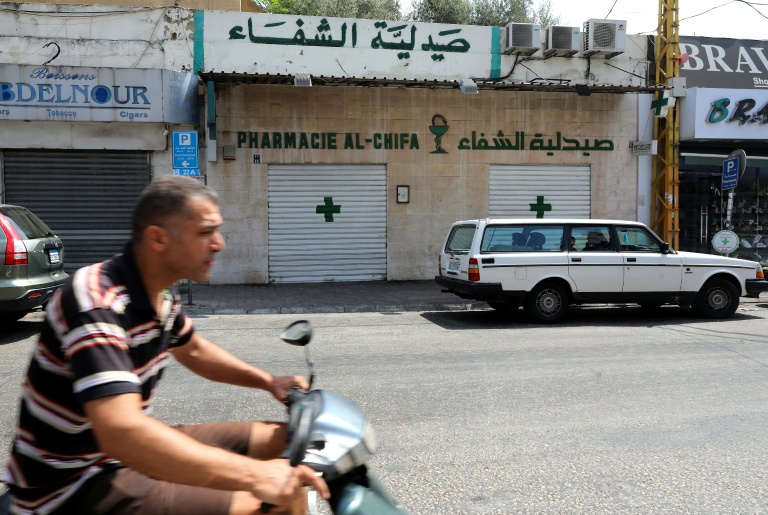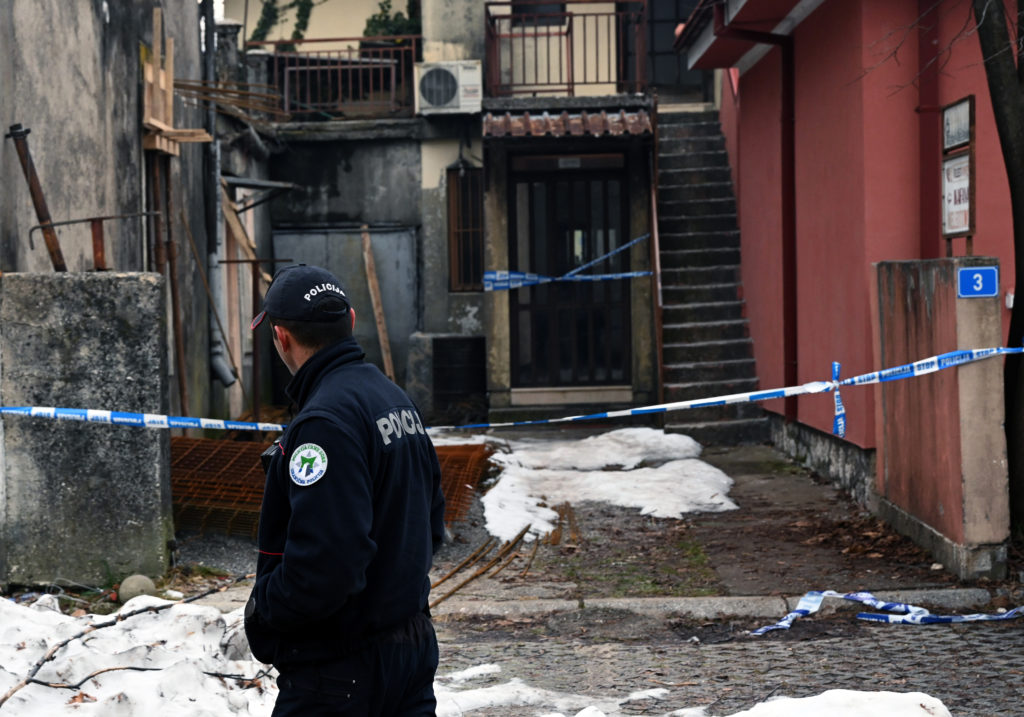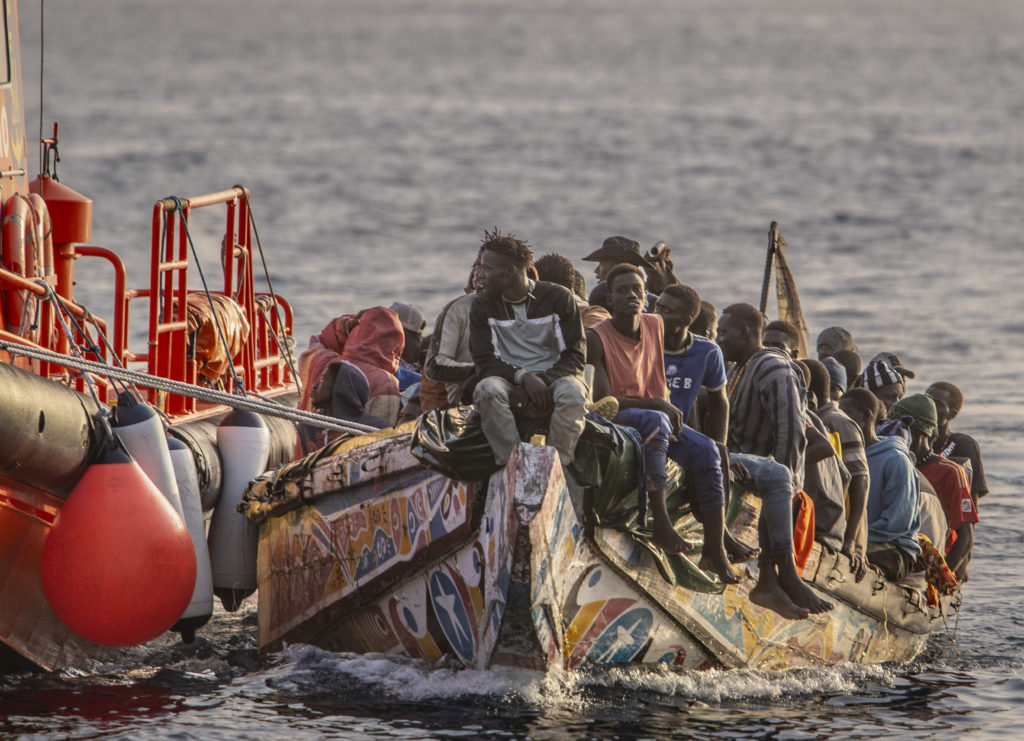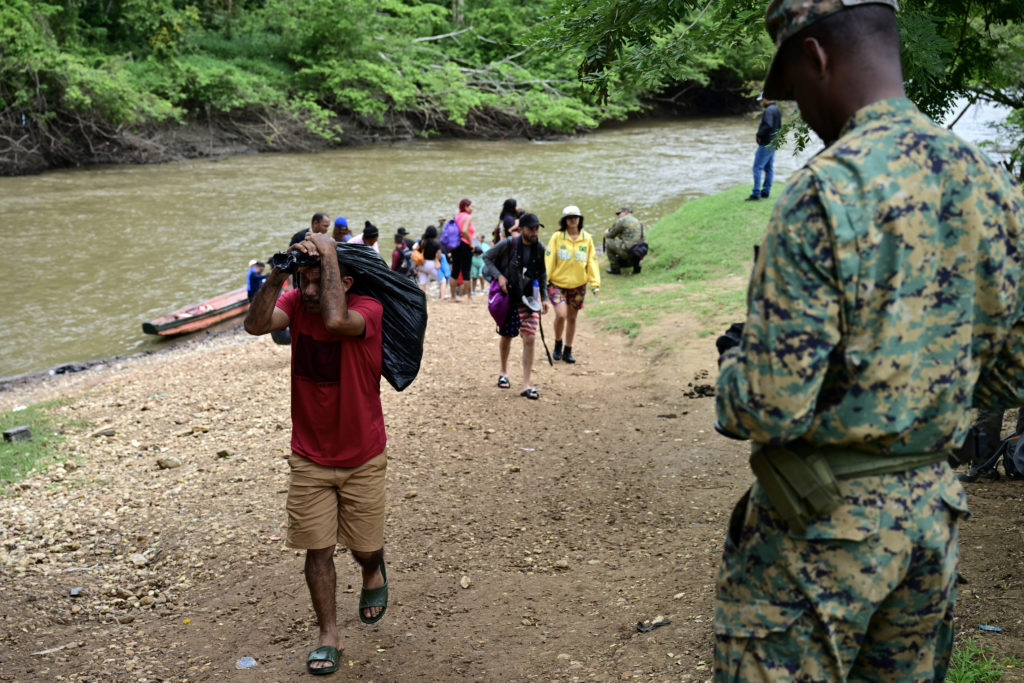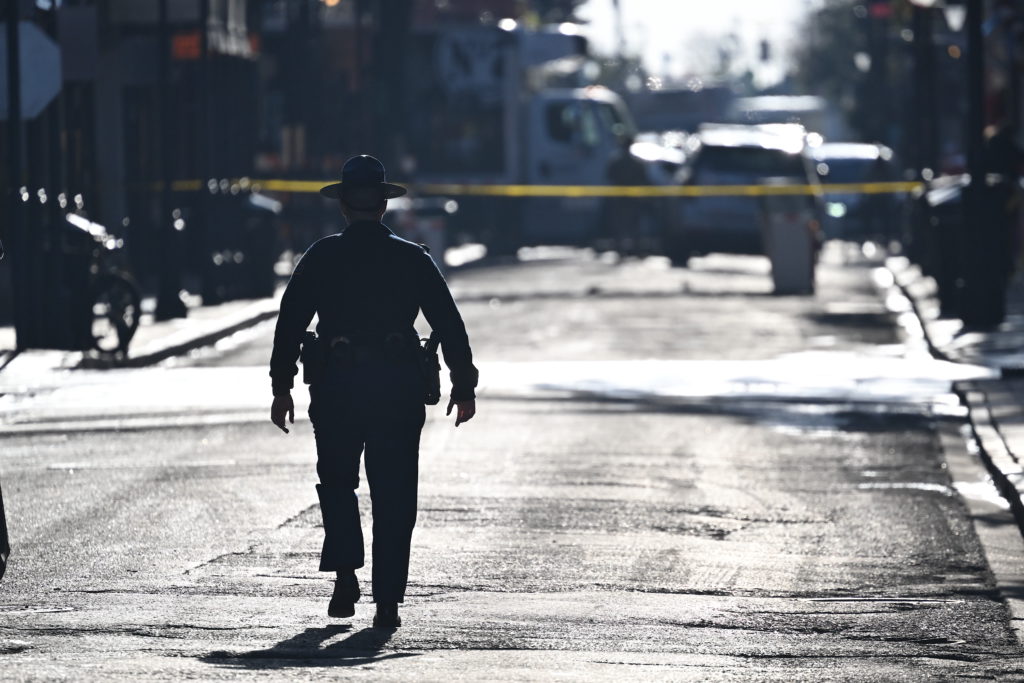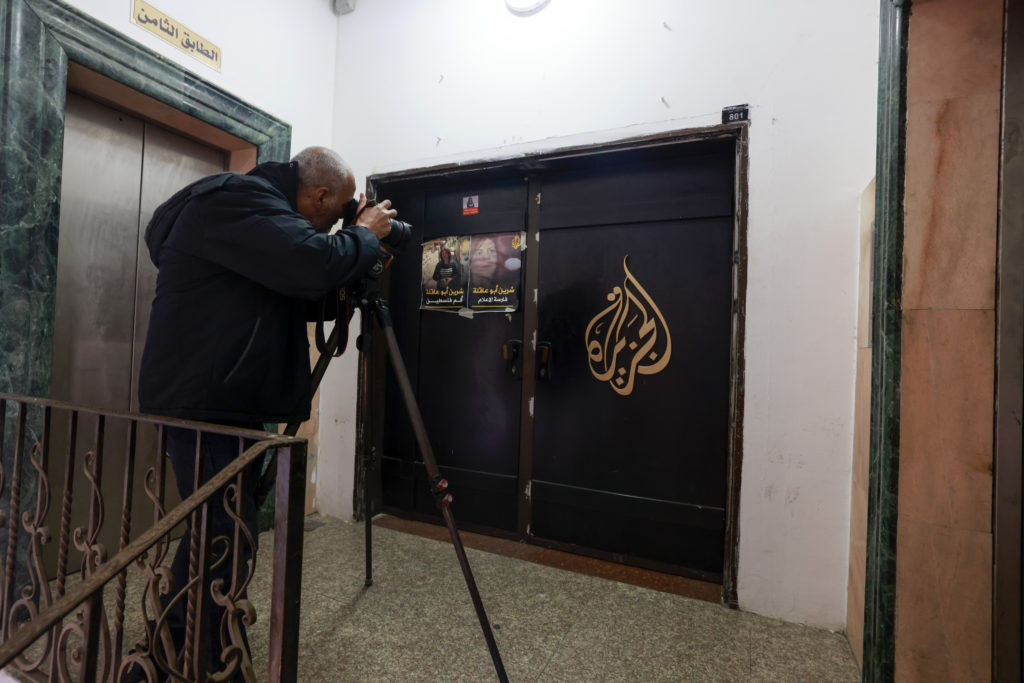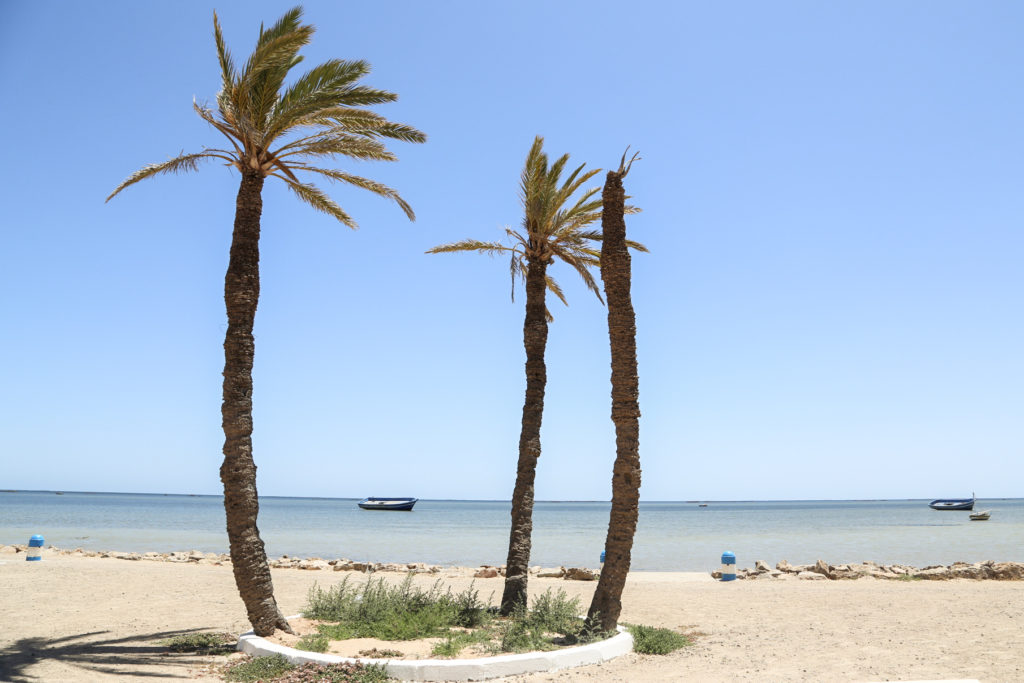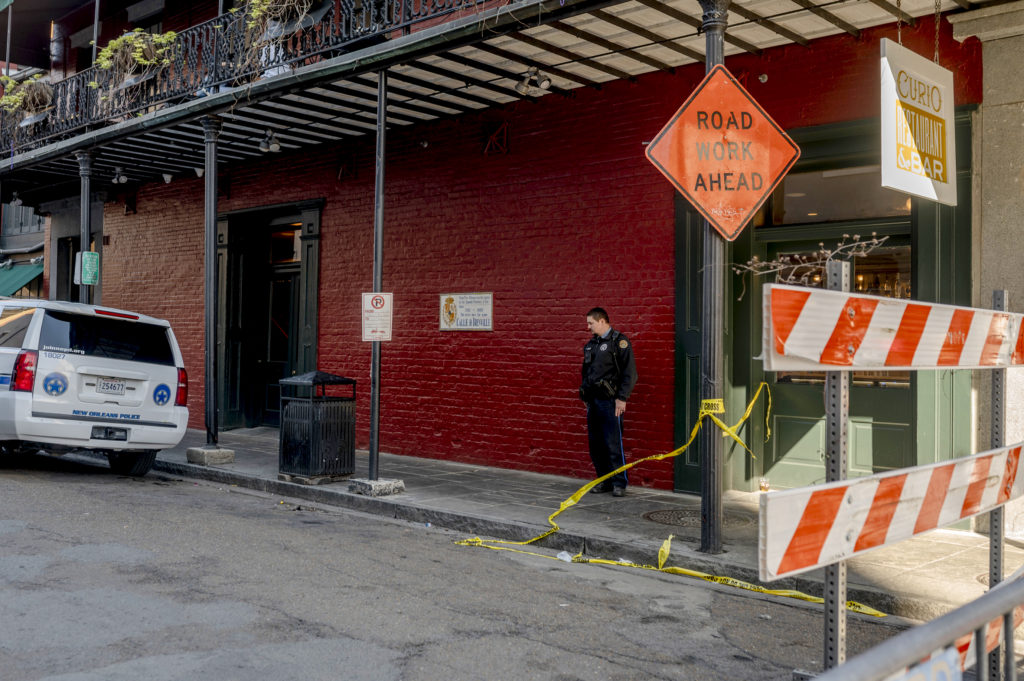Barely two hours after Lydia landed from Marseille in France, friends and relatives flocked to her apartment to collect drugs that have vanished from Lebanese pharmacies because of crippling shortages.
They started knocking on her door as early as 7:30 am — before she even had a chance to unpack two suitcases and a backpack stuffed with medicine she had purchased from France for more than $1,000.
“I didn’t even have a chance to sleep, but I understand because there’s nothing worse than running out of medicine,” especially if you have a chronic illness, the woman in her sixties said from her home in Baabdat, north of Beirut.
Lydia, like many other Lebanese expats, has become a courier for family and friends grappling with a raft of shortages due to what the World Bank has termed one of the world’s worst financial crises since the 1850s.
As pharmacies run out of hundreds of medicines, including over-the-counter pain killers, the suitcase of a Lebanese expat, once teeming with gifts and duty-free purchases, now resembles a portable pharmacy.
“I brought everything: antibiotics, medicine for hypertension, cholesterol, diabetes, Parkinson’s and cancer as well as many antidepressants,” Lydia told AFP.
Her parents also recently flew in from Marseille carrying medicine for 12 people in four large suitcases, she said.
The expat deliveries, Lydia said, remind her of Lebanon’s 1975-1990 civil war.
“The crisis has revived wartime reflexes, especially a sense of social solidarity,” Lydia said.
But “what is happening today is unprecedented and surreal,” she added. “We have never seen such shortages in medicine or fuel… We have never felt this suffocated.”
– Shopping in Cyprus –
Lebanon’s foreign currency reserves are fast depleting and the cash-strapped state has started to gradually reduce subsidies on key imports including fuel and flour.
Medicine importers say hundreds of drugs have disappeared from the market, as the central bank owes suppliers abroad millions of dollars and they can no longer open new lines of credit.
For its part, the government accuses importers of hoarding medicine with the aim of selling it at a higher price once medicine subsidies are reduced by the state and drugs become more expensive.
For the Lebanese people, the shortages have triggered a worldwide drug hunt. As for pharmacies, they staged a nationwide strike Friday protesting the lack of supplies.
In the neighbouring island of Cyprus, pharmacists can now spot Lebanese customers scouring for supplies to take back home.
Tracy Najjar made a trip to Cyprus last month with her husband Paul to temporarily escape Lebanon’s crisis, but also to stock up on medical supplies.
“The pharmacist immediately guessed we were Lebanese,” she said.
“He told us that another Lebanese couple had come in two days earlier to buy a ton of drugs,” she added.
Tracy, who lost her three-year-old daughter Alexandra in the Beirut port blast that killed more than 200 people last summer, said she bought some of the most basic supplies.
They included eye drops, powdered milk, antidepressants and drugs for high blood pressure.
Apart from family and friends, beneficiaries often include strangers who reach out over social media, now a key platform for buying and exchanging medicine.
– Certain death –
President Michel Aoun this month pledged to continue subsidising medication and medical supplies selected by the health ministry on a priority basis.
The central bank has for months urged the health ministry to identify priority drugs, but a list has yet to be finalised.
The central bank said last week it would earmark $400 million to support key products including medicine and flour.
The head of the medicine importers’ syndicate said the bank had promised it $50 million a month in subsidies for medicine — just half of importers’ current bills for that period.
Expecting shortages only to worsen, Ahmad, a 58-year-old parking attendant, warned that the situation is turning deadly.
The 58-year-old father of three suffers from high blood pressure and diabetes but can’t find the pills prescribed by his doctors.
“I can not even find the generics,” he said.
He tried to do without for a few weeks but his blood pressure quickly climbed.
He reached out to a cousin in Istanbul and a friend in the United Arab Emirates to secure the medication, at a cost much higher than the subsidised prices he would have paid if available in Lebanon.
“We either die because we can’t find medicine or we die because we have run out of money after spending it all on drugs brought in from abroad,” he said.
“Either way, they are killing us,” he added, referring to Lebanon’s under-fire political class.

